This one works:
temp=($(awk -F" " '$2 == 84' "$1".db))
This one does not (fieldnumber stores the column i wish to search, and val stores the value I'm searching for):
temp=($(awk -F" " -v column="$""$field_number" -v val="$3" '{ if(column == val) print $0;}' "$1".db))
I am trying to manipulate the awk command based on command line inputs within shell script:
./dr.sh cop4342 exam1 84 (84 is the value to be searched for) (exam1 is used within the shell script to find the column number)

